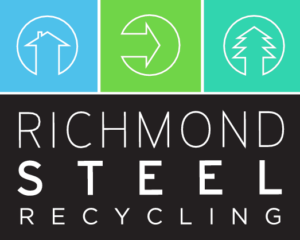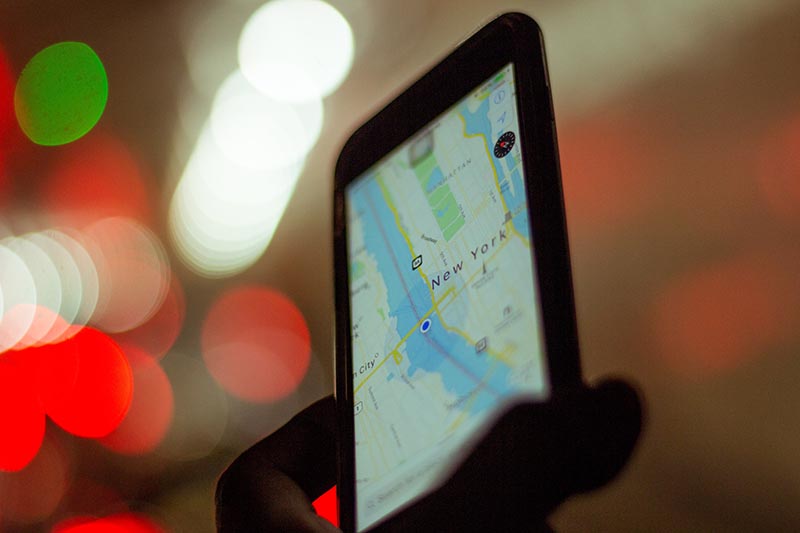You can track a parcel being sent from the depot to your front door and even fast food from the kitchen to your table – but surely such technology isn’t needed for your garbage and in the scrap metal industry?
The reality is most people probably don’t worry whether the aluminum can they put in the rubbish is recycled, ends up in a landfill or is even dumped in the countryside.
It probably disappears from their minds in seconds and in an even quicker time than it takes to consume the drink contents inside.
But while tracking a parcel using a phone app can be important so you know you can be in when it arrives at your house, tracking garbage on its journey can bring a number of different benefits to the scrap metal industry.
Cutting waste crime
The U.K. produces about 200 million tonnes of waste a year – and while analysts can provide this estimate of what goes out in the garbage, they can’t do the same accurately for how much is recycled.
However, they believe that about 20 million transactions take place where quantities of it change hands between transport and collection companies, disposal and recycling firms.
There any many potential problems with this current system because there is no way of telling where exactly it ends up.
For example, a company that is getting paid to recycle waste may dump it, put it in landfills or fail to sort items properly meaning not all aluminum and materials find their way into the scrap metal industry.
“We want to move forward towards a circular economy where waste is valued as a resource and reused,” said Environment Minister Thérèse Coffey.
To try and solve the problem, the U.K. government has awarded a £400,000 ($682,000) contract to a tech company to devise solutions to this problem and track garbage from residents’ hands all the way to the recycling facility.
Only when this is achieved can officials find the true value of recycling different materials.
Reliable collections
But tracking garbage isn’t just about stopping waste criminals dumping it – it’s about making sure it’s collected in the first place.
In Bengaluru, a city of 8 million people in India, trucks are being fitted with radio frequency identification to monitor them.
The move is designed to ensure no street is missed, with residents even able to track when the vehicle is coming near their home on their phones.
And just to make sure nobody is left out or any garden still has rubbish outside it, the driver has to scan a QR code after they have collected it.
A country as vast as India has various problems to overcome in different areas and in Goa, which has many beaches and beautiful locations, a black spot app is being used to make sure none are tainted.
This ensures that problem areas or anywhere lots of garbage builds up in can be identified and action taken.
It is also important that services are effective in Mumbai – a city of 18 million people – with vehicles there fitted with devices that allows a GPS tracking system to follow them.
Saving residents money
Tracking waste isn’t just a process that starts when garbage is picked up by a collection truck – it can begin in your kitchen when you decide what to put out.
This is the case in Calgary, where a novel scheme has started with identification chips placed on black bags to track what is thrown away by residents.
The pay as you throw initiative is aimed at making people more aware of what they chuck out, with financial incentives and lower bills offered for those who create less garbage.
A database and billing system could cost $1.1m but because no other North American city has a comparable program, there is no template for officials to follow in devising it.
So this could be pioneering and if successful be replicated around Canada and the world.
The council will talk to Calgarians and report back on how it’s gone in 2021.
While most people have never been interested in where their garbage goes when they throw it out, new technology and moves to create a greener planet mean we can keep a closer eye on it.

